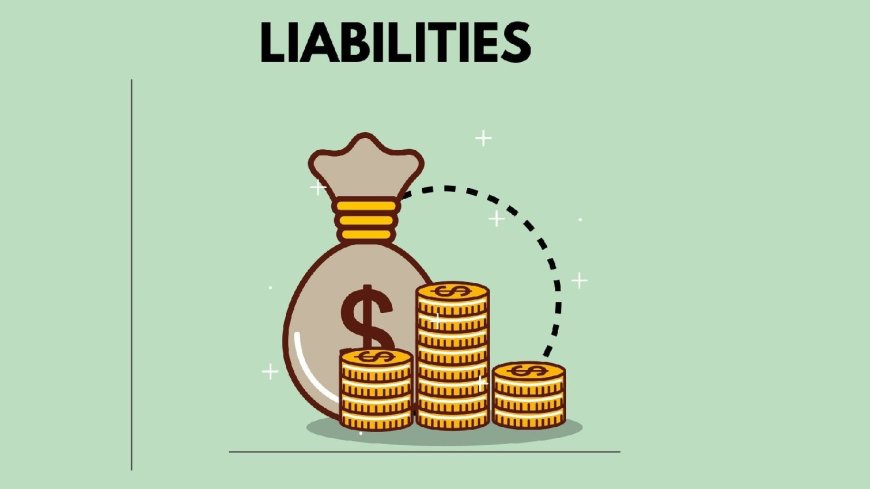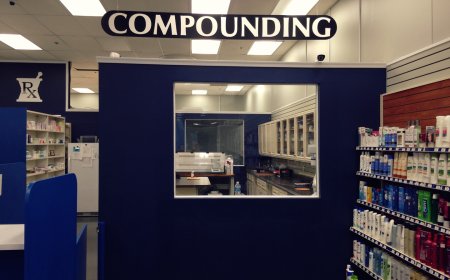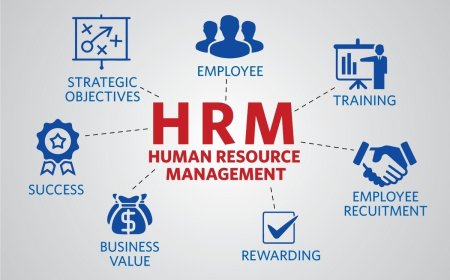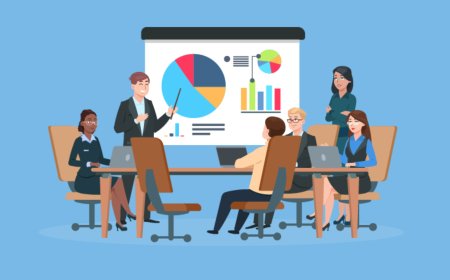INTRODUCTION TO LIABILITIES FOR KIDS AND ADULTS

LIABILITIES
Liability can refer to different things. For example, when you borrow money from someone, it becomes your liability to pay it back. It's similar to when you borrow a toy from a friend – you have to return it to them. In this case, the borrowed money is your liability, and you need to give it back to the person who lent it to you.liability can be when you borrow money from someone and need to pay it back later. It's like borrowing a pencil from a classmate and promising to return it.
Liability means having a promise or responsibility to repay something, whether it's borrowed money, borrowed items, or fulfilling obligations. It's about being responsible and keeping our word, which helps us build trust and maintain good relationships with others.
FORMULA:
Total Liabilities = Current Liabilities + Long-term Liabilities
i.e; Current Liabilities: These are the borrowed that a company needs to pay back within a year. It includes things like bills, money owed to suppliers, loans that need to be repaid soon, and taxes that need to be settled.
Long-term Liabilities: These are the borrowed that a company has to repay over a longer period, usually more than a year. It includes things like long-term loans, bonds, and other obligations that will take some time to fully pay off.
This calculation helps in understanding how much the company owes and how much it needs to repay in the future. It is an important measure of the company's financial obligations.
EXAMPLE: (For Kids)
1) Borrowing a Toy from a Friend:
Borrowing a favorite toy from a friend for a few days.
When you borrow a toy from your friend, it becomes your responsibility to take good care of it. You have a liability to return the toy to your friend when they ask for it back. This means you should play with the toy gently, keep it clean, and make sure it doesn't get lost or damaged. Your friend trusts you with their toy, so it's important to be responsible and return it in the same condition as when you borrowed it.
2) Pocket Money:
Receiving money from parents regularly for personal expenses.
When your parents give you pocket money, it means they trust you to manage it wisely. It's your responsibility to use the money for things you need or want, like small treats or toys. However, you have a liability to be responsible with your pocket money and not spend it all at once. This means making thoughtful choices, saving some for the future, and using it in a way that brings you happiness without wasting it all quickly.
3) Sharing Responsibilities at School:
Taking on tasks or roles within the school environment.
In school, you may be given responsibilities, like being a class monitor or helping with classroom tasks. These become your liabilities because you have the responsibility to carry them out properly. Being a class monitor means taking charge of maintaining order and helping the teacher. Other responsibilities may include keeping the classroom tidy or assisting classmates. It's important to take these responsibilities seriously and do your best to fulfill them. By doing so, you contribute to a positive and cooperative learning environment for everyone.
4) Borrowing Books from the Library:
Taking books from the library for a certain period.
When you borrow books from the library, you have the responsibility to take care of them. The books become your liability because you need to return them to the library on time. This means keeping the books clean, turning the pages carefully, and not writing or drawing on them. It's important to read and enjoy the books while they are with you and then return them so that other kids can have a chance to read and enjoy them too.
5) School Fee Payment:
Money owed to the school for education expenses.
Attending school involves certain costs, like tuition fees or other expenses. It becomes your parents' liability to pay the school fees on time. They have the responsibility to ensure that the school fees are paid regularly so that you can continue to receive education and enjoy various facilities provided by the school.
EXAMPLE: (For Adults)
1) Home Mortgage:
Borrowing money from a bank to buy a home, where the home acts as collateral for the loan.
Adults who want to become homeowners but don't have enough money can opt for a home mortgage. They approach a bank, and the bank becomes their "home friend" by providing the funds required to purchase the home. However, adults have the liability to repay the loan in installments, along with interest, over a specified period. It's like having the responsibility to gradually return the borrowed money to their "home friend" while enjoying the comfort and security of their own home.
2) Credit Card Debt:
Owning money to a credit card company for purchases made using a credit card.
Credit cards allow adults to make purchases without using cash. It's like having a magic card that pays for things instantly. However, it's important to remember that using a credit card means borrowing money from the credit card company. If adults do not pay the full amount they spent on the credit card by the due date, they accumulate credit card debt. This debt becomes their liability, and they need to repay the borrowed money, along with any interest charged by the credit card company.
3) Education Loan:
Borrowing money from a bank to finance higher education or professional courses.
When adults wish to pursue higher studies or specialized courses, they can take an education loan from a bank. The bank becomes their "learning friend" and supports them by providing the funds to cover their educational expenses. However, adults have the responsibility to repay the loan after completing their studies or as per the agreed terms with the bank. This repayment is like gradually returning the borrowed money to their "learning friend" while building their career and repaying the loan amount.
What's Your Reaction?
 Like
0
Like
0
 Dislike
0
Dislike
0
 Love
0
Love
0
 Funny
0
Funny
0
 Angry
0
Angry
0
 Sad
0
Sad
0
 Wow
0
Wow
0







































































